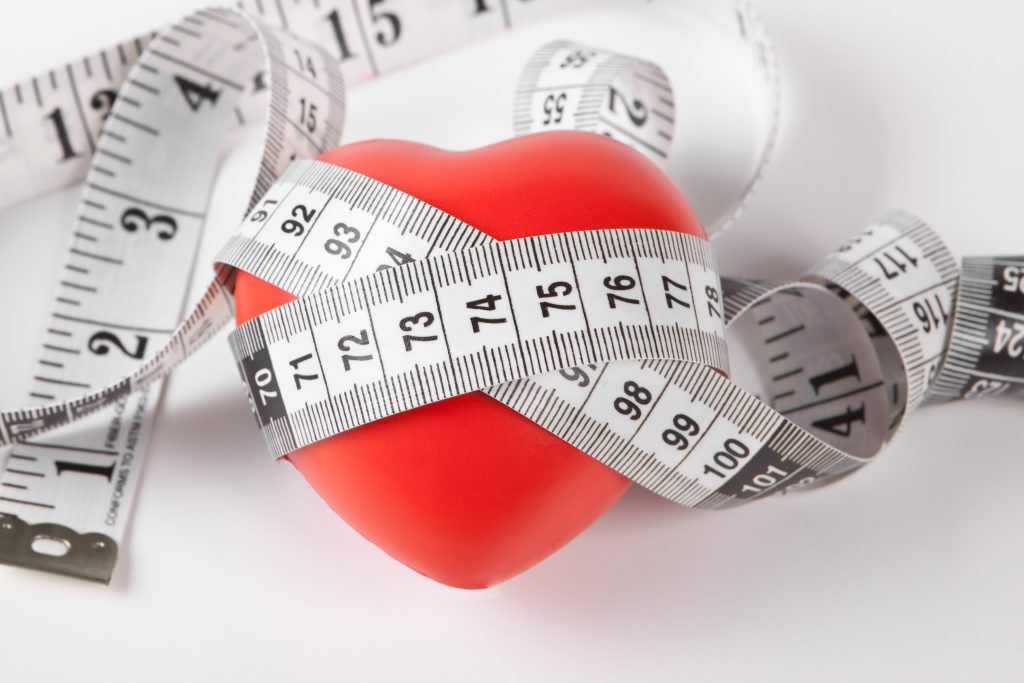Keto Diet and Heart Disease: Recognizing the Risks and Rewards
Keto Diet, All Articles
Table of Contents
- Keto Diet and Heart Disease Introduction
- Understanding the Ketogenic Diet
- The Keto Diet’s Effect on Heart Health
- Are Heart Patients Safe on the Keto Diet?
- Do Keto Diets Increase Blood Pressure?
- Advantages of Ketogenic Diet for Weight Loss
- Possible Dangers: Is the Ketogenic Diet Bad for Your Heart?
- Is Heart Failure Reversible with Weight Loss?
- Notable Notes
- References
Keto Diet and Heart Disease Introduction
Significant attention and discussion have been generated by the keto diet and heart disease. Many individuals are curious as to “Is the keto diet safe for heart patients?” and whether it will have a good or bad effect on heart health. In-depth analysis of the keto diet and heart health and answers to frequently asked concerns about its efficacy and safety are provided in this thorough book.
Understanding the Ketogenic Diet
The low-carbohydrate, high-fat ketogenic diet—also referred to as the keto diet—has become more well-known for its ability to help people lose weight. The diet calls for substituting fat for a great deal of the carbohydrates consumed. This cut in carbs sends your body into a metabolic condition known as ketosis, in which fat—from your diet and body—is burnt for energy.
Defining Ketosis
During ketosis, the body naturally produces energy mostly from fat rather than carbohydrates. This happens when the body consumes far less carbohydrates, which restricts the amount of glucose, or sugar, which is the primary source of energy for the cells.
On a Keto Diet, How Many Calories Are Allowed?
Weight, age, sex, and degree of exercise all affect how many calories you can eat on a ketogenic diet. Generally speaking, a keto diet plan permits a daily calorie consumption of between 1,500 and 2,000, of which 70–75% are from fat, 20–25% from protein, and 5–10% from carbs. Achieving and maintaining ketosis and achieving personal health goals need adjusting calorie intake.
The Keto Diet’s Effect on Heart Health
Heart Health and the Keto Diet
There are many facets to the keto diet and heart health. Heart health can, on the one hand, be benefited by weight loss and better metabolic markers like blood sugar and triglyceride levels. But eating a lot of fat—especially saturated fat—raises worries about raised cholesterol and cardiovascular risk.
Is the Ketogenic Diet Bad for Heart Health?
Experts continue to disagree over whether or not the keto diet is detrimental to heart health. According to certain research, a well-designed ketogenic diet that emphasizes healthy fats like those from avocados, almonds, and olive oil can lower inflammation and raise cholesterol levels, therefore enhancing heart health. Conversely, diets heavy in saturated fats from sources like butter and red meat may raise the risk of heart disease.
Are Heart Patients Safe on the Keto Diet?
It’s important to give “Is keto diet safe for heart patients?” some serious thought. Heart disease sufferers need to watch what kinds and how much fat they eat. Before beginning any diet, it is important to speak with a healthcare professional who can offer individualized advice based on a person’s medical history and current state of health.
Do Keto Diets Increase Blood Pressure?
Knowing Blood Pressure and Keto
Can a ketogenic diet boost your blood pressure is another worry. Some people may first have higher blood pressure as their bodies adjust to ketosis. Still, research shows that many people eventually have lower blood pressure as a result of weight loss and increased insulin sensitivity.
Table: Ketogenic Diet Blood Pressure Variations
| Stage | Possible Impact on Blood Pressure |
|---|---|
| First few weeks | Possible increase from fluid loss and adaption |
| Long-term (after many months) | Possible decline from weight loss and better metabolic health |
Advantages of Ketogenic Diet for Weight Loss
Heart Healthy Weight Loss Diet
If the keto diet helps with weight reduction and enhances metabolic health, it can be a component of a heart healthy weight loss diet. Reducing extra weight helps to lower blood pressure, lower cholesterol, and lessen heart strain.
Weight Loss Target Heart Rate
Maintaining an eye on your target heart rate for weight loss is crucial. Weight loss is usually best achieved between 50 and 85% of your maximal heart rate. With cardiovascular health preserved, this range promotes maximum fat burning.
Possible Dangers: Is the Ketogenic Diet Bad for Your Heart?
Risks Over Time
The ketogenic diet has advantages, but there are long-term concerns as well. Potential difficulties include liver troubles, insufficiency in nutrients, and the effects of a high saturated fat diet on heart health. Some of these dangers can be reduced by making sure that one has a balanced diet
of nutrients and emphasizing good fats.
Good for Weight Loss: Heart of Palm
Including foods high in nutrients and low in calories like heart of palm can help with weight loss without jeopardizing heart health. This adaptable ingredient can raise the nutritional content of ketogenic recipes.

Is Heart Failure Reversible with Weight Loss?
“Can weight loss reverse heart failure?” emphasizes how crucial weight control is to heart health. Though it might not be able to reverse heart failure alone, losing weight can greatly enhance symptoms and general heart function. For heart patients, a ketogenic diet can help with weight loss and enhance quality of life in conjunction with medication therapy.
Best Heart Rate for Dropping Pounds
Achieving the best heart rate for weight loss is exercising while maintaining the goal heart rate zone. Though it fluctuates according to age and degree of fitness, most adults fall into this zone between 120 and 150 beats per minute. Frequent exercise in this range helps maximize cardiovascular health and fat burning.
Goal Heart Rate Zones by Age Table
| Age | Heart Rate Zone (Beats Per Minute) |
|---|---|
| 20-29 | 100-170 |
| 30-39 | 95-162 |
| 40-49 | 90-153 |
| 50-59 | 85-145 |
| 60+ | 80-136 |
Notable Notes
Start-Up Considerations for the Keto Diet
Especially for people with heart disease, it is crucial to speak with medical experts before starting the ketogenic diet. They can offer customized guidance and guarantee that the diet plan is suitable and safe for the particular health requirements of the individual.
Monitoring Health Indicators
A ketogenic diet requires routine monitoring of health indicators including blood pressure, cholesterol, and heart function. This facilitates early identification of any side effects and necessary dietary modification.
References
- Understanding the Ketogenic Diet
- The Impact of Ketogenic Diets on Cardiovascular Health
- Keto Diet and Blood Pressure
- Weight Loss and Heart Failure
- Weight Loss Heart Rate Zones
- The Nutritional Advantages of Heart of Palm
By fully understanding the keto diet and heart disease, you can decide if this approach is right for you. Always prioritize regular monitoring and consultation with healthcare professionals to ensure the best outcomes for your health journey.
Read more in our blog.
